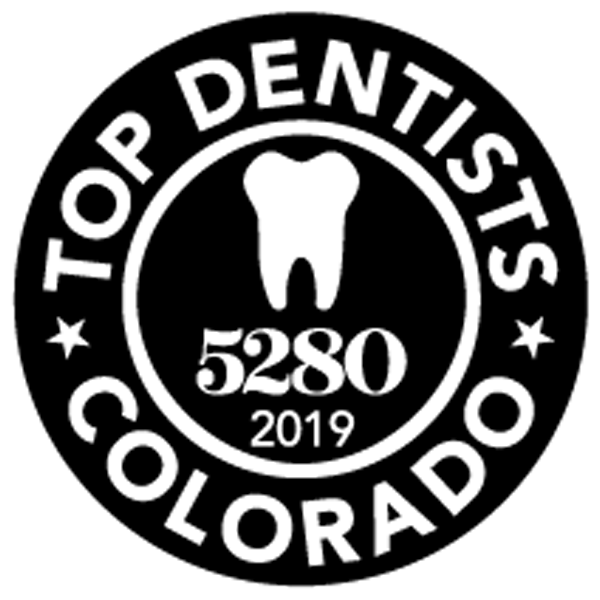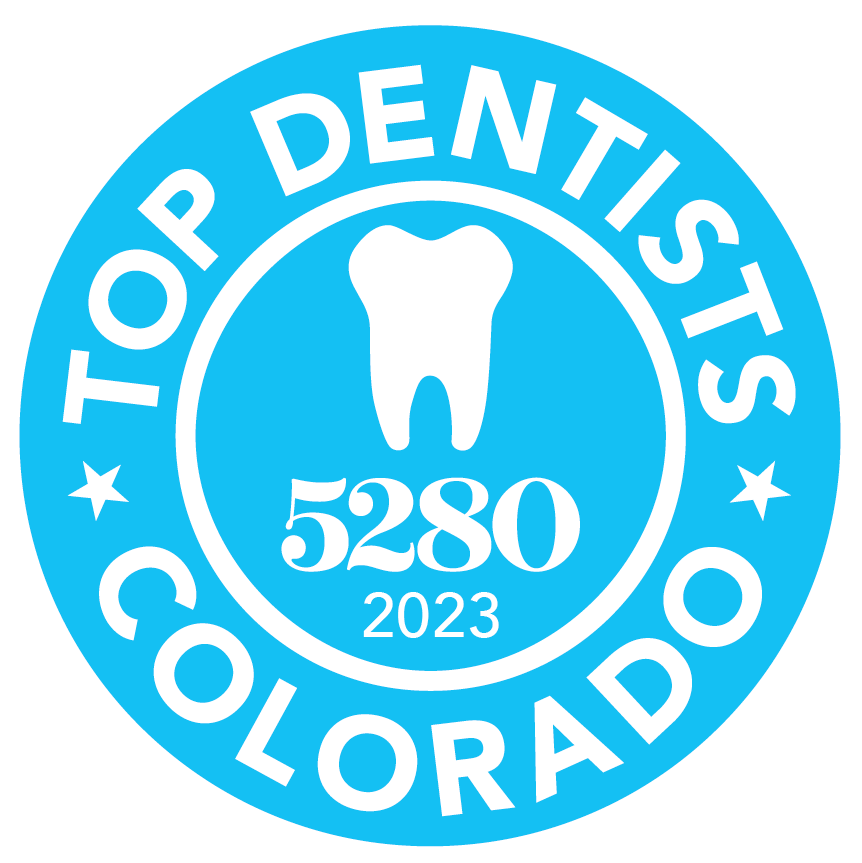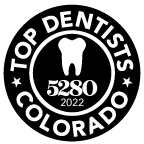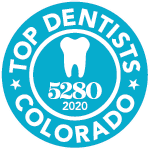Periodontal disease can cause a lot of damage to your mouth, especially to the way the gums attach to the teeth. If not properly treated, periodontitis will eventually break down the gum tissue and bone, causing the teeth to become loose and even fall out. Because the early symptoms of gum disease can be fairly pain-free, many people don’t even realize they have the disease until considerable damage has already been done.
One of the earliest signs that gum disease has progressed is the formation of periodontal pockets. These pockets are spaces between the gum tissue and the teeth, caused by the presence of plaque and tartar that has been allowed to accumulate under the gums. The bacteria will weaken the gum tissue’s hold on the teeth, causing them to pull away and form these spaces. Once the pockets are formed, the bacteria will find its way even deeper into the tissue, spreading the infection to the bone and periodontal ligaments that hold the teeth in place. You won’t be able to see your periodontal pockets, but Dr. Jenkins can detect them and even measure their size.
Periodontal Pocket Formation
Even healthy gums won’t be entirely attached to the tooth. There is always a small space between the gum and the tooth, which is known as a sulcus. It’s normal for food particles and bacteria to accumulate in the sulcus and when brushed and flossed away, no damage will be done. However, your toothbrush is only able to reach 1-2 millimeters below your gum line. If your sulcus happens to be deeper than this, the bacteria won’t be properly brushed away and will begin to cause irritation and swelling to the gum tissue. This will become a vicious cycle as the bacteria will deepen the sulcus, the sulcus will pull away and deepen the space, which will allow more bacteria in, and so on.
Progression Of Gum Disease
The first stage of gum disease is known as gingivitis. During this stage plaque begins to build up along your gum line, causing the gum tissue to become swollen and red. No bone loss is associated with this stage, and good oral hygiene can often reverse this stage of the disease. However, if left untreated, gum disease can progress into periodontitis, a more severe stage of the disease.
Periodontitis will cause damage to the surrounding bone and tissues that hold the teeth in place. It’s important to catch and treat the disease as quickly as possible to avoid unnecessary pain and tooth loss.
Treatment Of Periodontal Pockets
Obviously, each case of periodontal disease and periodontal pockets is different. Because of this, we will work with you to create a treatment plan based on the severity of your case, which depends on the shape, depth, and inflammation of the pocket and whether the damage has spread to the bone.
- LANAP Laser Periodontal Therapy
- The treatment for smaller periodontal pockets is the elimination of plaque and calculus/tartar. A professional cleaning and debridement from our office as well as revamping your at-home oral hygiene routine should take care of this step.
- If your case is more severe, you may need a more intensive cleaning called scaling and root planing, also known as a deep cleaning. This is a very thorough cleaning underneath the gums that will rid the mouth of plaque and calculus/tartar as well as smooth out the surfaces of the roots so that the gum tissue can more easily reattach to the tooth. You may be prescribed an antibiotic to help control the infection hiding under the gum line, however this only necessary in a small amount of cases.
- Lastly, if your periodontal pockets are too deep and severe for the above treatments, Dr. Jenkins may recommend gum surgery or minimally invasive LANAP protocol to help shrink the pockets and remove the plaque and calculus that has formed deep underneath the gums.
If you believe you have gum disease or would like a consultation with Dr. Jenkins, please contact Littleton Implants & Periodontics. Our Littleton, Colorado periodontal office is happy to help you achieve and maintain the smile you’ve always dreamed of.






